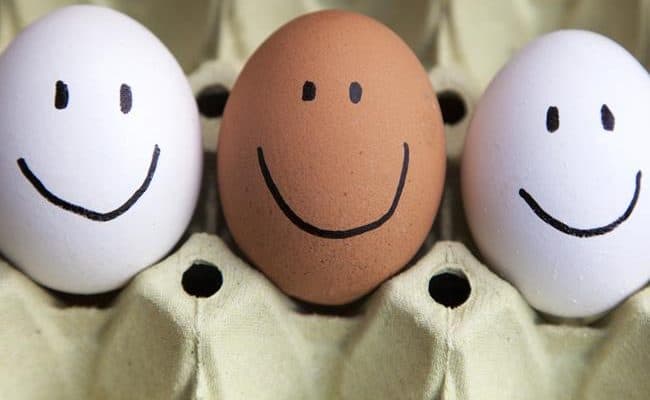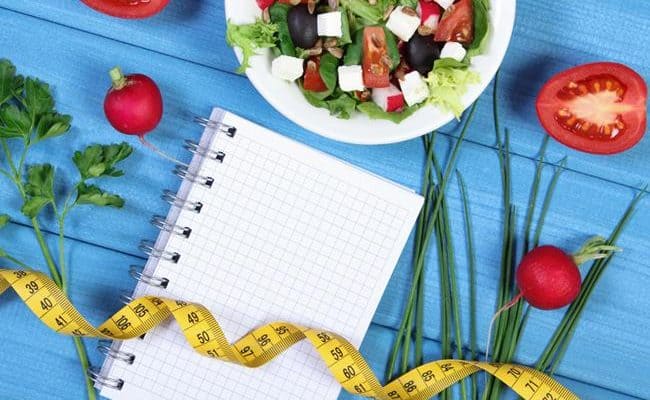
Our bodies burn energy for functions such as moving the body through motion, digestion, making new cells and maintaining body functions through heart rate, brain activity, respiration etc. We consume energy through food to match the needs of the body for energy. When energy in from food is more than necessary, excess energy is stored. When energy in from food is less than necessary, excess energy is burned.
Balancing eating and activity for weight loss is balancing the energy in to be less than the energy used by the body. Then, ideally, the body will use excess energy, stored as fat for fuel.
This simple sounding equation seems to elude people who have a hard time losing weight.
General tips like not eating too much, eating a lot of fruits, vegetables and exercising are well known for overall health and weight loss benefit.
However, following a specific diet or exercise program has some flexibility. Here are some tips for balancing eating and activity for weight loss.
Balancing eating
A 2015 New York Times article (1) concluded eating less is more important for weight loss than exercise. There are MANY health benefits of exercise, but in terms of weight loss, most research studies suggest activity levels alone may not account for weight balance.
Americans on average are moving more but obesity levels continue to go up.
Exercise increases the amount of energy we burn, but most people over estimate how many calories they burn during exercise and over compensate when they eat. A subconscious thought may be that you deserve (insert desired food) because you worked so hard during exercise.
This overcompensation will not help balancing eating and activity for weight loss. On the flip side, of course you don’t want to be starving the whole time. Not only does this lower quality of life, but it can also make you on edge and may trigger binge eating later.
Try eating until you’re full instead of using just calorie goals
There is not a one size fits all approach for sustained weight loss. Some people do really well counting calories and sticking to a calorie goal for weight loss and some people don’t. Also keep in mind just following a calorie goal does not focus on the quality of calories.
Some calorie guidelines can over estimate calorie recommendations. Take this into account if you are using a fitness app and take this information along with how you feel when you’re eating. Eat until you are full, not just until you hit a certain calorie number.
Using a calorie recommendation can be a helpful tool and guideline, but it’s important to balance your diet using more than this.
Instead of just focusing on a calorie goal, focus on the quality of your calories. Food is designed to give you energy but also fiber, antioxidants, vitamins and minerals.
Foods rich in nutrients are handled differently in the body than foods that are full of sugar or refined carbohydrates.
Eat foods that keep you full
Some “low calorie” foods are full of fillers and simple carbohydrates. Eating a variety of unprocessed foods offers vital nutrients your body needs. Pairing foods high in fiber, like fruits, vegetables, whole grains with foods high in protein like nuts, dairy, eggs, meats, soy and legumes can help you feel full and keep you satisfied for a long time.
Research studies have shown that both protein and fiber provide high satiety.
Eat plenty of fruits and veggies
One way to help you eat until you’re full is to eat lots of fruits and vegetables. A guideline for all Americans is to make half their plate fruits and vegetables at all meal times, but how many of us actually do this?
Whatever diet plan you’re following, a priority should be to eat plenty of fruits and vegetables.
Balancing exercise
There are general guidelines for exercise from the American College of Sports Medicine, but weight loss exercise can look different than general exercise recommendations for health.
If you are serious about weight loss, balancing energy intake is important as mentioned.
Increasing your movement through exercise is one of the biggest ways you can increase your energy burn.
Researchers from the University of Connecticut suggest in a 2005 review article (2) suggest there is still uncertainty about the most effective mode, duration and intensity of exercise for weight loss.
There is benefit for weight loss from doing a variety of exercise: strength training, aerobic exercise and higher intensity interval workouts.
Limit sitting time
Even if you work out for 30-60 minutes a day, what you do with the other 23 hours of the day is important. Getting in more movement when you can is suggested for overall health and could reinforce a more active lifestyle.
See also: Why sitting is bad for you even if you exercise.
Enjoy your workout
What exercise is truly most beneficial for weight loss? Something you will stick with long term and will enjoy. If you find pleasure in your workout, research suggests you may be less likely to over eat afterwards.
As researchers from University of Connecticut (3) suggest, any effective weight loss goal must include something that is lifelong or regaining weight is likely.
To maintain your weight, you will need to continue exercising, so you may as well do something you enjoy.
Conclusion: Which is more important?
Weight loss is a balance of increasing energy expenditure and lowering energy intake. That can be accomplished in a variety of ways through food intake and activity.
Some research suggests diet may play a stronger role in weight loss, but exercise may have a stronger role in weight maintenance and provide many other health benefits.
The key for balancing energy intake is to focus on eating low energy foods that are satisfying. Foods high in protein and fiber have been shown to increase satiety.
Calorie guidelines can be a helpful tool for weight loss, but the quality of your calories is very important too.
Doing a variety of exercise, limiting sitting time through the day and doing activities you enjoy are some keys to balancing exercise for weight loss.
Keep in mind weight loss can take discipline and a lifetime commitment to healthy habits.










